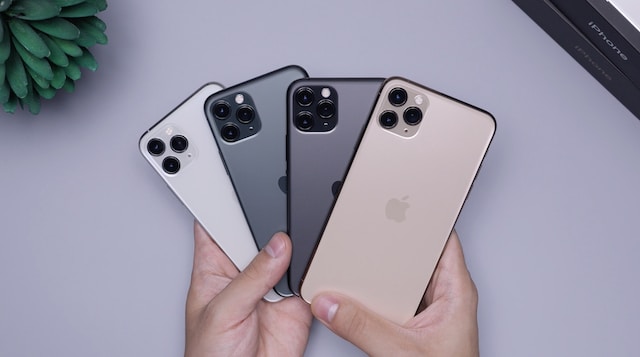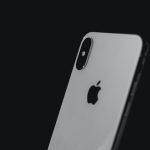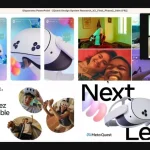The divide between green and blue bubbles in messaging apps may soon become narrower, as reported by 9to5Mac. Apple has confirmed its intention to support the RCS (Rich Communication Services) messaging standard, a departure from its previous stance. This doesn’t mean that messages from Android devices will no longer appear as green bubbles in Apple’s Messages app. Instead, it signifies that texts from iPhones to non-iOS devices will now support the newer RCS protocol, eliminating the need to rely on the aging SMS (and MMS) system. In a statement, Apple expressed the belief that “RCS Universal Profile will offer a better interoperability experience when compared to SMS or MMS.”
This support will coexist with iMessage, which Apple asserts will remain the best and most secure messaging experience for its users. iMessage, with features such as voice memo transcriptions and check-ins not available on RCS, may continue to outshine default text messaging apps on Android. Additionally, the change does not necessarily indicate any alterations to the colors of conversation bubbles.
Google has previously criticized Apple for not embracing RCS, claiming that the texting experience between iPhones and non-iPhones is antiquated. With RCS support, messages between Android and iOS devices will become more secure than traditional SMS, and media can be shared at higher quality.
In response to Apple’s announcement, Google expressed its satisfaction, stating, “We welcome Apple’s participation in our ongoing work with GSMA to evolve RCS and make messaging more equitable and secure, and look forward to working with them to implement this on iOS in a way that works well for everyone.”
A spokesperson from GSMA, earlier this year, highlighted that the RCS Universal Profile (UP) provides an open, consistent, and global messaging service, simplifying interoperability across networks and devices. This move allows OEMs and OS providers to achieve scale and offer consumers a richer and more consistent messaging experience, regardless of the device or network.
While the exact timeline for Apple’s RCS UP support is not yet clear, the statement indicates it will be implemented “later next year.” Interestingly, this announcement coincides with the deadline for companies to file challenges at the European Union’s General Court, where Apple is reportedly seeking to challenge the EU’s decision to include the entire App Store on a digital antitrust list under its Digital Markets Act.
In September, Apple launched the iPhone 15 series, the company’s first phones with USB-C charging ports in place of Lightning. This week also saw news about the release of the Qi 2 wireless charging standard, with the new iPhones among the first devices compatible with the updated protocols.
Whether prompted by EU regulations or other motivations, it’s evident that Apple is opening up parts of its walled garden to foster compatibility with other devices. This shift may signify a departure from the necessity to “buy your mom an iPhone.”







